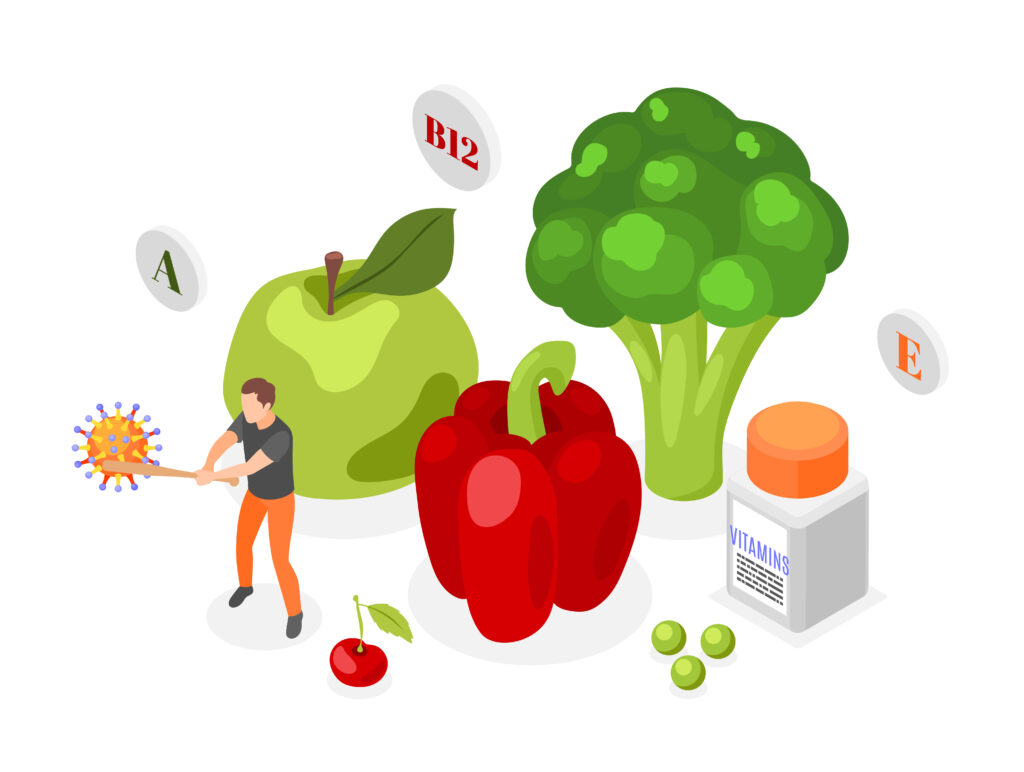Strong immune systems actively shield the body from diverse illnesses, yet paradoxically, they may also launch assaults on the body’s own cells, paving the way for autoimmune diseases (ADs).
Evidence is mounting, hinting at a nuanced interplay between genetic predisposition and environmental factors, although the exact cause of autoimmune diseases remains elusive.
The Culprit: Role of Western Diet
Pinpointing the Western diet—marked by excessive fats, trans fatty acids, cholesterol, proteins, sugars, salt, and fast food—as a potential contributor to heightening the risk of autoimmune diseases.
Defending with a Mediterranean Touch:
In contrast, a Mediterranean diet , abundant in whole grains, seasonal fruits, vegetables, nuts, olive oil, fish, and occasional wine, emerges as a protective shield. Identifying triggers for symptom flare-ups is pivotal, recognizing the individualized nature of these triggers. Vigilance, meticulous monitoring, and periodic reviews are essential for effective management.
Dietary Landmines: Inflammatory Foods
Inflammatory foods, notably gluten-containing items like wheat, rye, barley, and related products, can induce inflammation. Active management involves steering clear of these items. Likewise, limiting dairy products such as milk, cheese, and yogurt proves beneficial for managing autoimmune diseases in susceptible individuals.
Balancing Act: Foods Causing Gut Dysbiosis
Those grappling with conditions like leaky gut syndrome, irritable bowel syndrome (IBS), inflammatory bowel disease, and Crohn’s disease find relief in balancing fiber and protein intake. The low-FODMAP diet emerges as a powerful tool, alleviating gut-related distress and promoting optimal digestion and nutrient absorption.
Steering Clear of Culprits:
Avoiding processed foods and those laden with sugar content not only curtails inflammation but also fosters healing within the gut. Nightshade vegetables, including tomatoes, potatoes, eggplant, bell peppers, and tobacco, house glycoalkaloids—natural pesticides capable of inducing inflammation and exacerbating autoimmune diseases.
Personalized Approach
Given the unique sensitivity of each individual, a strategic approach involves eliminating nightshades from the diet and gradually reintroducing them to assess their impact on AD symptoms.
In conclusion, individuals grappling with autoimmune diseases must remain vigilant regarding potential food triggers. Collaborating with qualified dietitians to compile trigger lists, implementing elimination diets, and managing conditions accordingly prove imperative for effective control.


